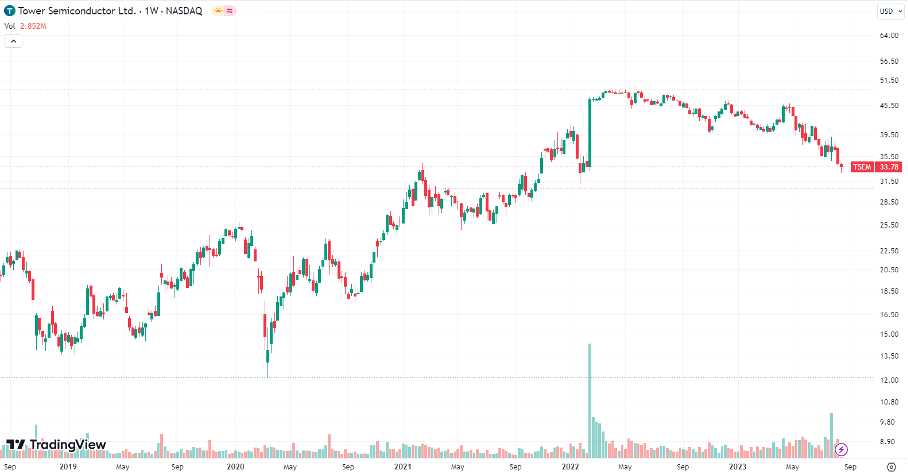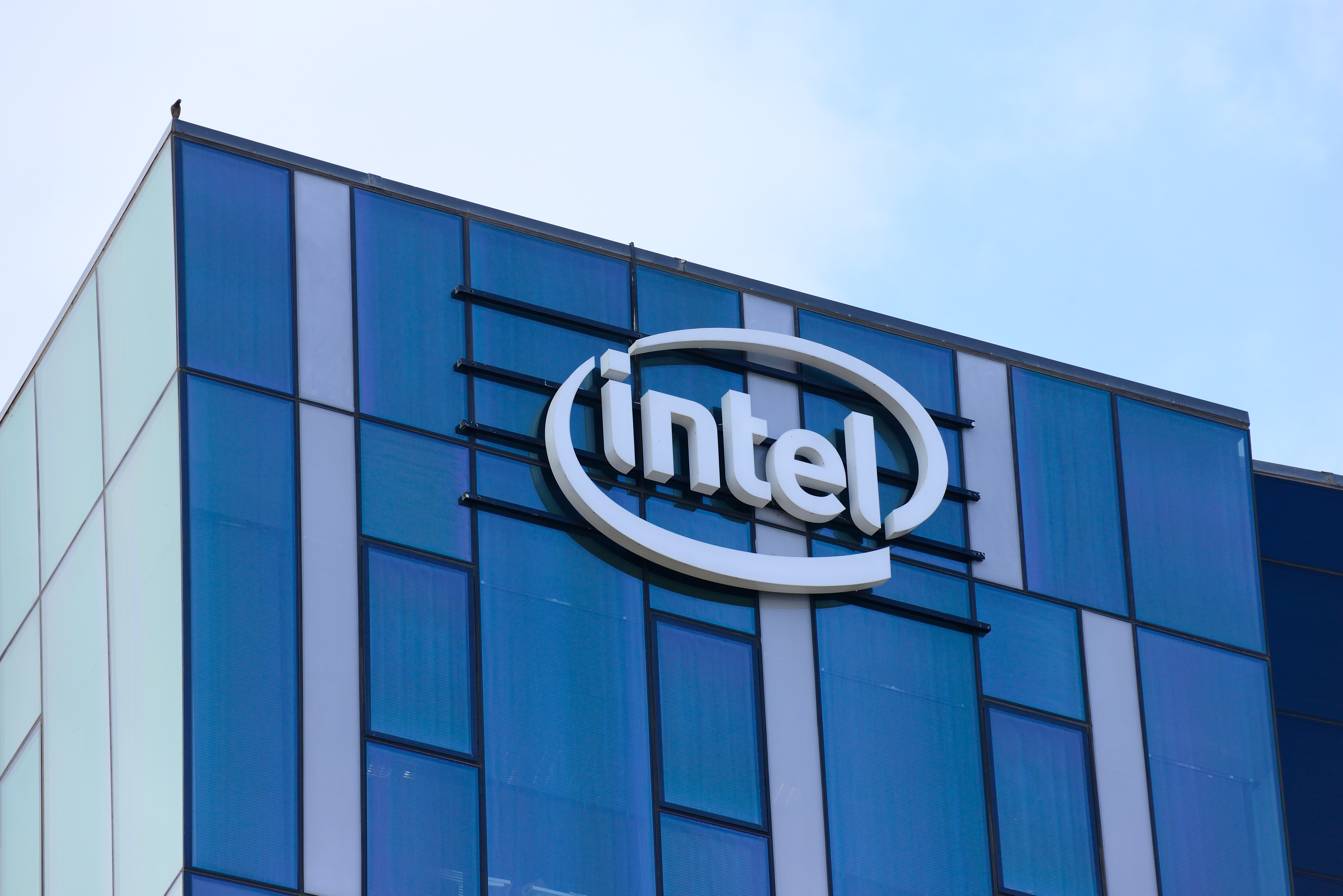In a surprising turn of events, Intel's ambitious $5.4 billion acquisition of Israeli contract chipmaker Tower Semiconductor has come to a halt, marking a significant setback for both companies. The deal's termination was announced on Wednesday after the two firms were unable to secure timely regulatory approvals, sending shockwaves through the financial markets.
The Failed Deal
Intel's decision to acquire Tower Semiconductor was made last year, with hopes of leveraging the Israeli company's expertise to further strengthen its position in the chipmaking industry. However, as tensions between the United States and China continue to simmer over trade, intellectual property, and geopolitical concerns, regulatory approvals for cross-border deals have become increasingly challenging.
The Fallout
Following the announcement of the deal's termination, Tower Semiconductor's shares plummeted by about 9% on both the U.S. and Tel Aviv stock exchanges.* The termination comes at a cost for Intel, as it will be obligated to pay a termination fee of $353 million to Tower Semiconductor.

Performance of Tower Semiconductor Ltd´s stock over 5 years. Source: tradingview.com
Regulatory Uncertainties
Although the exact details surrounding the regulatory roadblocks were not disclosed, it is widely speculated that the lack of approval from Chinese regulators played a pivotal role in derailing the acquisition. This scenario mirrors similar cases in recent times, such as DuPont's failed attempt to acquire Rogers Corp due to regulatory delays emanating from China.
Geopolitical Implications
The failed acquisition underscores the intertwining of geopolitics and corporate affairs, particularly within the technology sector. The tensions between the U.S. and China have expanded beyond diplomatic and trade disputes, reaching into the realm of mergers and acquisitions. As nations safeguard their technological advancements and strategic industries, regulatory approvals are becoming instrumental tools in shaping the global competitive landscape.
Intel's Forward Strategy
Intel's CEO, Pat Gelsinger, had been actively working towards obtaining Chinese regulatory approval for the Tower Semiconductor deal. However, despite this setback, Intel remains focused on its foundry business, where it produces chips for other companies. The company's recent investment of $25 billion in a new factory in Israel further highlights its commitment to technological innovation and global expansion.
Market Reaction
Investors had already begun to anticipate the deal's failure, which was reflected in Tower Semiconductor's stock price trading at a significant discount compared to the proposed deal price. Intel's financials have also seen shifts, as its foundry business reported substantial revenue growth driven by advanced packaging techniques.
Conclusion
The Intel-Tower Semiconductor deal's collapse due to regulatory hurdles underscores the intricate interplay between global geopolitics and corporate strategies. As technology companies continue to expand internationally, securing regulatory approvals has become a complex challenge influenced by a host of political and economic factors. This incident serves as a stark reminder that even in the world of business, the geopolitical landscape can have far-reaching consequences on deals and operations.
* Past performance is no guarantee of future results.


